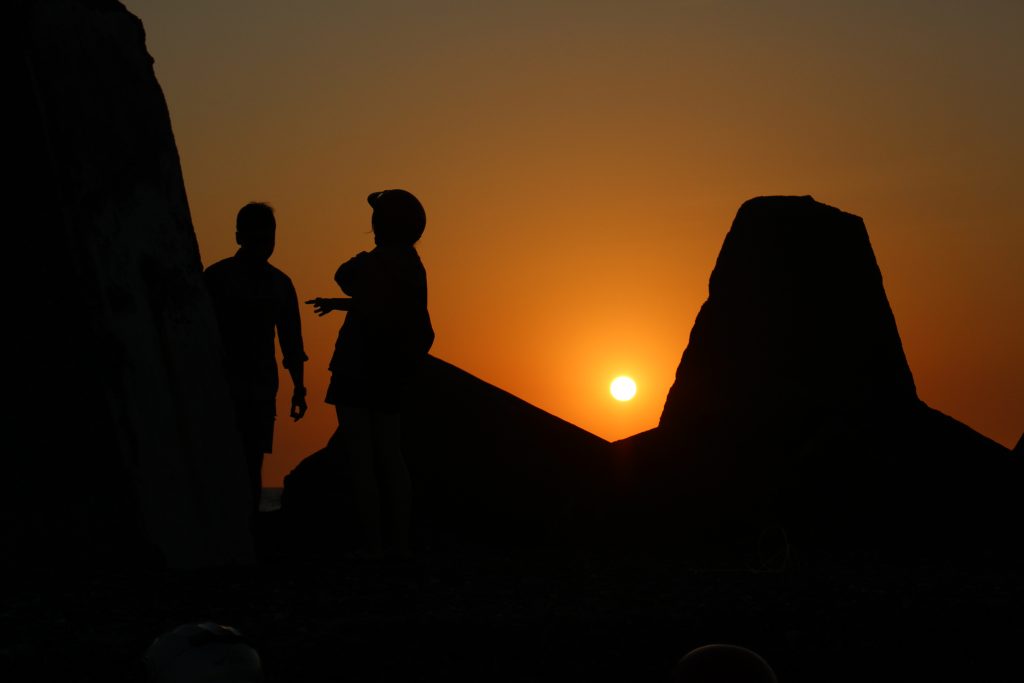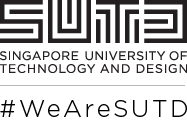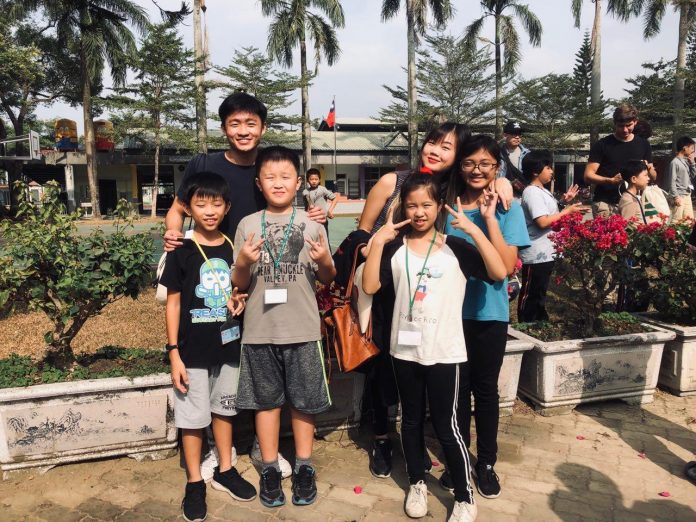In my previous post, I talked about participating in the community involvement program known as International Companions for Learning (ICL). Aside from the primary school that I was assigned to in Tainan, I also had the privilege of visiting another primary school in Lambai Island, or more commonly known as Liu Qiu in mandarin, an offshore coral island at the south of Taiwan. This trip was very different from my previous school trip to Tainan, as it involved more outdoor activities rather than cultural activities. Kayaking, BBQ, Snorkelling and island cycling tour were some of the activities we participated in and we had a hell of a ride. It was really apt that this trip happened towards the end of this program, as it served as a memorable conclusion of this program, which I cannot stress how grateful I am to be able to participate in, as mentioned in my previous post. Here are some of my takeaways from this program:
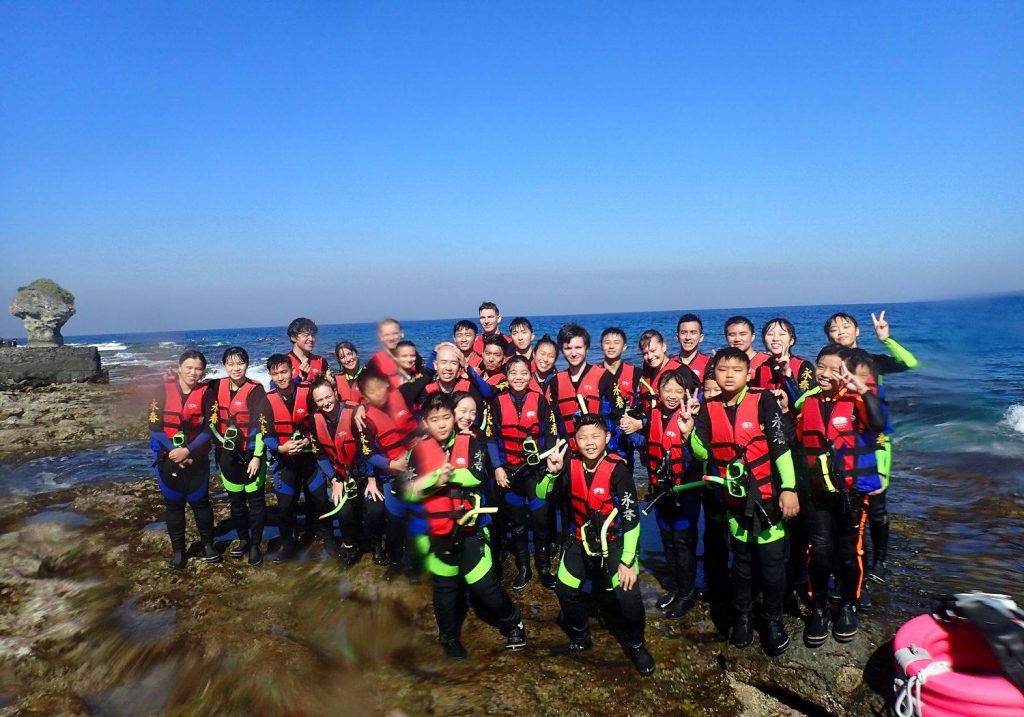
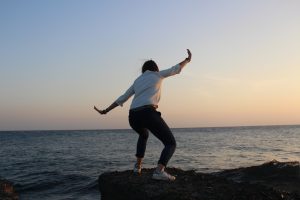
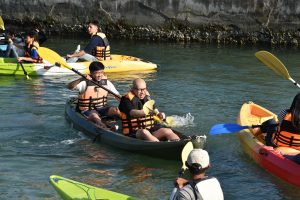
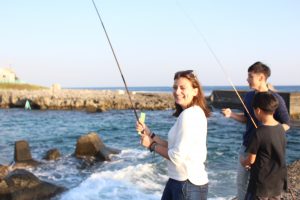
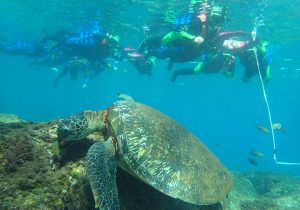
Getting to work with a Taiwanese student buddy for this program was one of the major plus point. Since all the courses I had to enrol in were conducted in English, opportunities to meet and interact with Taiwanese students were scarce. My buddy is a very promising student in NTU and carries with her a very friendly and generous personality, always going to lengths to make sure that my stay in Taiwan could do justice to the amazing country that Taiwan is, as I have now experienced. While it is very safe to say that Taiwanese people are in general very hospitable and good-hearted, I believe that my buddy was at another level altogether. Because of that, I could learn a lot about Taiwan from a local perspective: the political scene, humour, slangs, school life and working culture, societal norms and social constructs and how they shape their worldview, new trends and lost traditions, and other intricacies of how it is like to grow up and live in Taipei and other parts of Taiwan. Personally, I highly cherish these forms of cultural exchange as I know that it is certainly hard to come by.
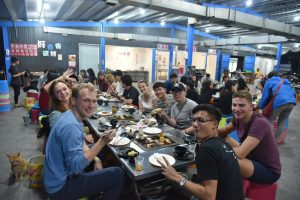
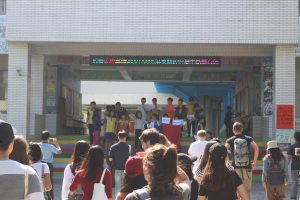
Despite coming from a mandarin-speaking family, language and culture still presents as a barrier to communicating my ideas across to the primary school students and vice versa. I believe that while “Singlish” makes Singapore unique and makes conversations in Singapore sound less formal and more interpersonal, it has been a hindrance to speaking proper English or proper Mandarin in full for me. I find it slightly tedious to speak in mandarin without filling in English, Malay or Hokkien terms and it could be frustrating at times since it takes the joy out of a conversation when I have to think hard and repeat what I say very often. Thankfully, my Taiwanese student buddy is proficient in English too and served to be a “Singlish-filter” every time I fall back to explaining in colloquial terms.
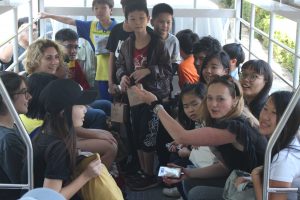
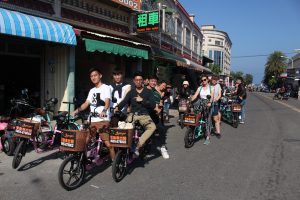
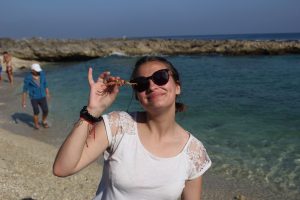
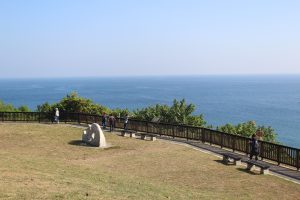
In this programme, sometimes it could be hard to retain the attention of the primary school students, and the lag time from the Skype session definitely did not help to make the situation any better. However, I soon realised that it could be that I have forgotten what it is like to be a kid. As much as it is interesting to me now to learn about the facts and figures of another country, it would just be another boring lesson to the kids. They need something more relatable, and something that engages with their senses and emotions. It was not about the pictures and visualisations and cool effects of my PowerPoint slides, but it was the stories and anecdotes that they would like to hear, very much like I would. When I started sharing about my funny and horror stories from the National Service, or how I spend my days fooling around in secondary school, they definitely seemed more engaged than when I shared about the tourist attractions of Singapore.
